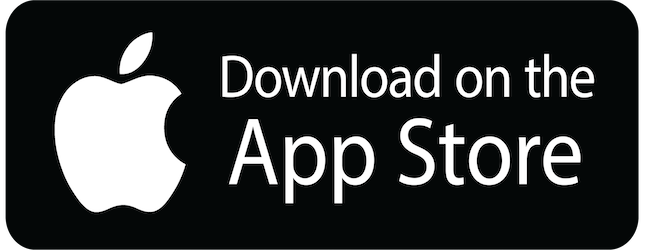Is there any difference between "it's not working" and "it doesn't work"?
A lot of English learners have trouble knowing when to use a simple verb ("it works") and when to use a progressive verb ("it's working"). For example, one PhraseMix reader asked, "Is there any difference between 'it's not working' and 'it doesn't work'?"
It's not working
If something "is not working", it's broken or ineffective right now. But that might be a temporary situation. Use this in a situation like one of the following:
- Your fitness instructor gave you a suggestion for your diet, but you haven't lost any weight in the last month.
- You're trying to start a fire while camping. The wood is wet, so it's not lighting up. After trying it for 15 minutes, you say "It's not working."
It doesn't work
"It doesn't work" means that something is permanently broken, or is never effective. Here are some example situations:
- Your television is broken. A friend comes to visit and tries to turn it on. You tell her "It doesn't work."
- Your friend is looking for a job. He hasn't been able to find one, so he says that he's going to pay an agency to find a job for him. You've heard that this isn't a good way to find a job, so you say "That doesn't work."
If you're completely sure that something is completely broken, say "It doesn't work." If you're unsure and think that you might have made a mistake,say "It's not working."
Print this Article




